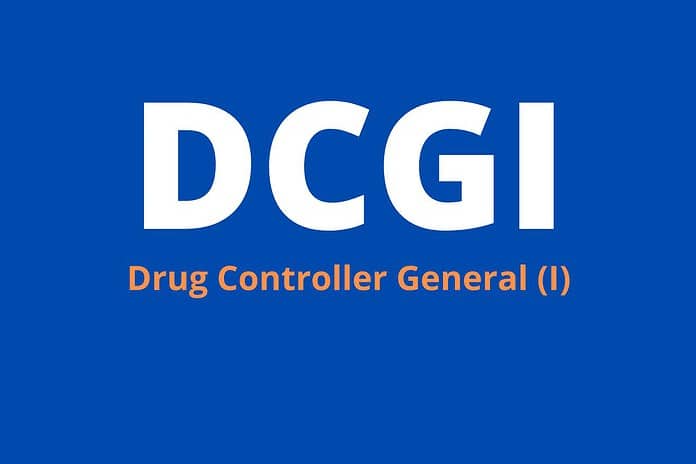Last Updated on October 19, 2024 by The Health Master
The Drugs Controller General of India (DCGI) has further extended deadline up till 4 months or till normalization of COVID-19 scenario to submit notarized documents through online Sugam portal for import of medical devices and in-vitro diagnostics (IVDs) from the earlier deadline of April 24, 2020. In its April 24, 2020 notice, it had directed all the concerned to do the needful.
DCGI office had received representation about difficulties in submission of notarized or apostilled regulatory documents such as power of attorney, QMS certificate, free sale certificate etc for applications for import of medical devices and in-vitro diagnostic kits under medical device rules, 2017 due to COVID-19 pandemic.
According to DCGI Dr V G Somani, “The matter has been examined carefully in view of the situation due to COVID-19 outbreak and it has been decided that the applicant may submit applications for import license as per the provisions of Medical Device Rules 2017 along with such documents which are self-attested and an undertaking that they will submit the notarized/apostilled documents after obtaining the same from the concerned authority after normalization of the situation in light of COVID-19 or within four months whichever is earlier.”
“Such applications, as and when received, will be processed and, if found satisfactory, import license may be issued with the condition that the firm shall submit apostilled/notarized documents,” DCGI further added.
In its earlier notice, DCGI had clarified that imported IVDs shall be used by Indian research institutions for academic research purpose only and not for any diagnosis or therapeutic purpose in diagnostic labs and hospitals. Following quality issues with imported rapid antibody kits, the Indian Council of Medical Research (ICMR) had earlier mandated states to stop using it for COVID-19 for some time to review complaints related to it. India had taken delivery of 500,000 rapid antibody test kits from China in April 2020 which were reportedly facing quality issues.
Also read: Raid at firm making illegal hand sanitizers: Kerala FDA
In an advisory to all states, ICMR had stated that the national task force at ICMR has carefully reviewed the data evolving from various countries on use of such kits. Based on available evidence, the testing strategy for COVID- 19 has been revised further.
As per protocol for using rapid antibody test for epidemiological studies and surveillance, gold standard frontline test for COVID-19 diagnosis is real time PCR based molecular test, which is aimed at early virus detection. The rapid antibody test cannot replace the frontline test. “In this regard, it is to clarify that the products meant for research use only (RUO) to be used in academic research institutions are not meant for any diagnostic or therapeutic purpose. They are not being regulated under provisions for drugs and Cosmetic act and medical device rule thereunder,” stated DCGI.
He further stated, “However, the applicant needs to submit an undertaking in this regard at the concerned port office of Central Drugs Standard Control Organisation (CDSCO) stating that the imported products shall be used by the research institutions for academic research purpose only and shall not be used for any diagnosis or therapeutic purposes in diagnostic labs and hospitals. Such products shall be labeled as “for research use only.”
ICMR and DCGI had recently jointly come out with guidelines for validation and batch testing of COVID-19 diagnostic kits.
The Health Master is now on Telegram. For latest update on health and Pharmaceuticals, subscribe to The Health Master on Telegram.


